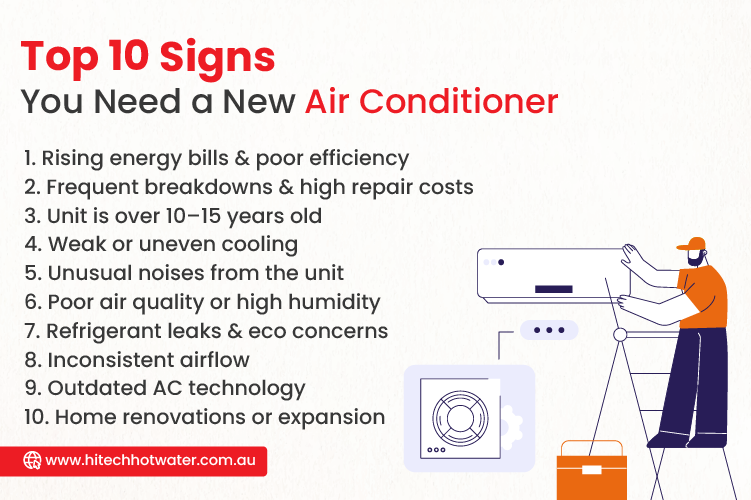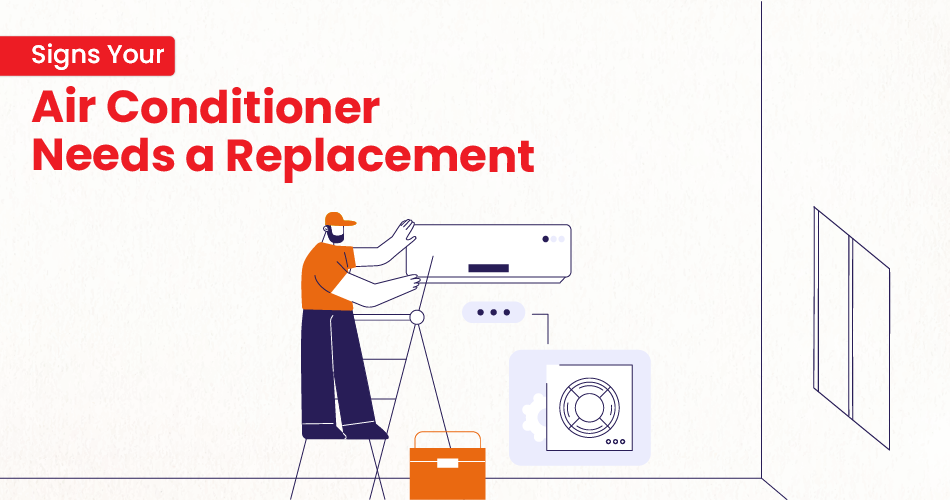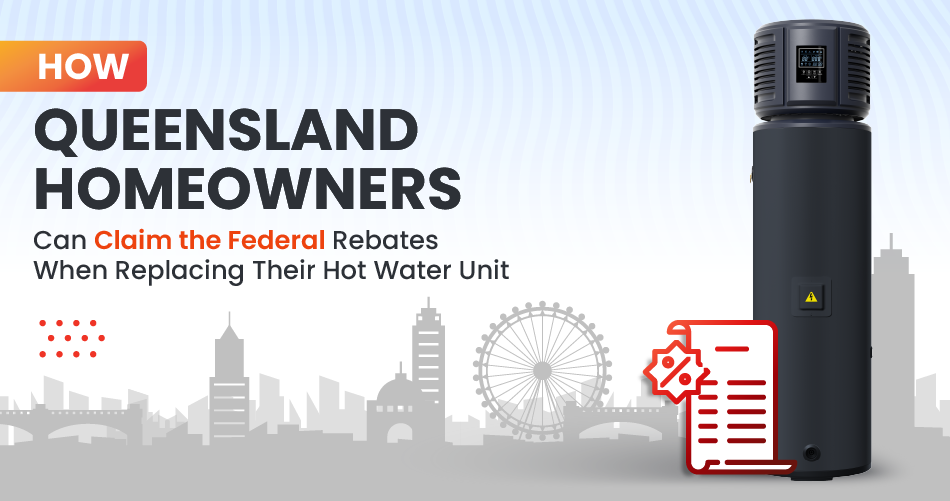Your air conditioning system is essential for maintaining comfort in your home, especially during peak summer months. However, even the best cooling system for home has a limited AC lifespan, and there comes a time when repairs are no longer cost-effective.
If your air conditioner frequently malfunctions, struggles to cool your home, or causes high energy bills, it may be time to consider an AC replacement.
1. Rising Energy Bills and Decreased Efficiency
One of the first signs that your air conditioner replacement is due is a steady rise in your energy bills. As an AC unit ages, it loses efficiency, requiring more power to produce the same cooling effect.
If you've noticed a significant increase in your electricity costs, despite regular maintenance, your old unit could be the culprit. Upgrading to a new AC unit installation with an energy-efficient model can save you money in the long run.
2. Frequent Repairs and High Maintenance Costs
An AC system that constantly breaks down is not only frustrating but also expensive. If you're frequently calling in technicians for repairs, you might be spending more than necessary to keep an outdated system running.
When the cost of repairs approaches 50% of the price of a new aircon unit installation, it's time to invest in a replacement instead.
3. AC is More Than 10-15 Years Old
Most air conditioning units have an AC lifetime of 10 to 15 years, depending on usage, maintenance, and environmental factors.
Beyond this point, efficiency drops, and breakdowns become more frequent. If your AC is nearing or has surpassed this range, it’s worth considering a cooling system for home that meets modern energy standards and offers better performance.

4. Poor Cooling Performance
If your AC struggles to maintain a consistent temperature or fails to cool your home adequately, this could indicate deeper system issues. AC compressor lifespan plays a major role in overall system performance, and when the compressor weakens, cooling power diminishes.
If adjusting the thermostat, no longer helps and certain rooms remain warm despite the system running, a new aircon unit installation may be the best solution.
5. Strange Noises Coming from Your AC
Unusual sounds such as grinding, banging, rattling, or buzzing can be signs of aircon compressor problems, loose components, or internal wear and tear.
While some minor issues can be repaired, excessive noise often indicates that the unit is struggling and may not last much longer. Rather than spending money on continuous fixes, AC replacement ensures long-term comfort and efficiency.
6. Poor Air Quality and Increased Humidity
Your air conditioning system does more than cool the air—it also regulates humidity and filters out dust, pollen, and allergens.
If you’ve noticed excessive moisture, musty smells, or an increase in dust accumulation, your AC’s air filtration system may no longer be functioning efficiently. Investing in an air conditioner replacement with advanced filtration features can improve indoor air quality and overall health.
7. Refrigerant Leaks and Environmental Concerns
Older AC systems often use outdated refrigerants like R-22, which is being phased out due to environmental concerns.
If your unit is leaking refrigerant, not only will it struggle to cool your home, but it may also require costly repairs. Replacing an outdated model with a new aircon unit installation that uses eco-friendly refrigerants can enhance performance while reducing your carbon footprint.
8. Inconsistent Airflow and Uneven Cooling
Are some rooms in your home cooler than others? Uneven cooling is a sign that your AC may not be distributing air effectively.
This could be due to clogged ductwork, a failing compressor, or an aging blower motor. If professional cleaning or minor repairs don’t resolve the issue, it’s a strong indicator that an AC replacement is the best option.
9. Your AC Uses Outdated Technology
Modern air conditioning systems are designed with energy-saving features like smart thermostats, variable-speed compressors, and zoning capabilities. If your system lacks these advancements, you’re missing out on significant cost savings and improved comfort.
Upgrading to a high-efficiency cooling system for household can reduce energy consumption and enhance temperature control.
10. Your Home Is Being Renovated or Expanded
If you’re adding new rooms or expanding your home, your current AC unit may no longer be sufficient. A unit that was originally designed for a smaller space will struggle to keep up with increased cooling demands. Installing a new AC unit that matches your updated home size ensures optimal comfort and efficiency.

Conclusion
Recognizing the signs of a failing air conditioner can save you from unnecessary repair costs and discomfort. If your unit is experiencing frequent issues, struggling to maintain temperatures, or causing high energy bills, it may be time for an air conditioner replacement.
Investing in a modern, energy-efficient cooling system for home can enhance comfort, lower electricity costs, and provide long-term reliability.
FAQs
Most air conditioning units have an AC lifespan of 10-15 years, depending on maintenance and environmental conditions. Regular servicing can help extend the life of your system.
A standard new AC unit installation typically takes 4-8 hours, depending on the type of system and any additional work required for ducting or electrical modifications.
You should consider AC replacement if your unit is over 10 years old, requires frequent repairs, struggles with cooling efficiency, or has a failing compressor.
Common reasons for aircon problem not cooling include low refrigerant levels, clogged filters, dirty condenser coils, or a failing compressor. Regular maintenance can help resolve these issues.
Common reasons for aircon problem not cooling include low refrigerant levels, clogged filters, dirty condenser coils, or a failing compressor. Regular maintenance can help resolve these issues.






